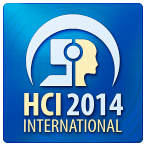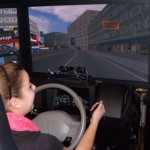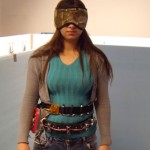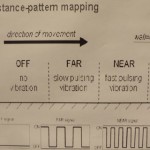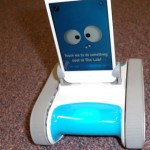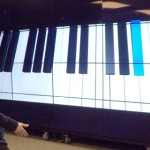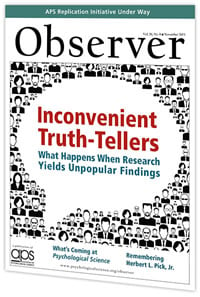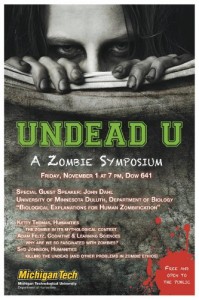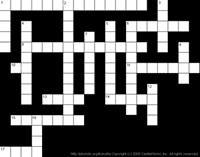 On the 100th birthday of the crossword puzzle, NPR interviewed Assistant Professor Shane Mueller (CLS) about the skills required to be a puzzle master. Mueller also weighed in on the issue of whether doing crosswords staves off dementia. (Hint: Don’t neglect those holiday parties and long walks.)
On the 100th birthday of the crossword puzzle, NPR interviewed Assistant Professor Shane Mueller (CLS) about the skills required to be a puzzle master. Mueller also weighed in on the issue of whether doing crosswords staves off dementia. (Hint: Don’t neglect those holiday parties and long walks.)
From Tech Today.
Do Crossword Puzzles Really Stave Off Dementia?
COLE: And the winners were quietly invited to join Britain’s code-breaking department. The mental prowess of crossword solvers has also attracted the attention of scientists. A few years ago, cognitive psychologist Shane Mueller watched a movie about crossword puzzles.
SHANE MUELLER: And I thought: I could learn to play the crossword.
COLE: Mueller is a professor of psychology at Michigan Tech, so naturally, he approached his new hobby in a very scientific way.
Read more or listen to the story at NPR, by Adam Cole.
